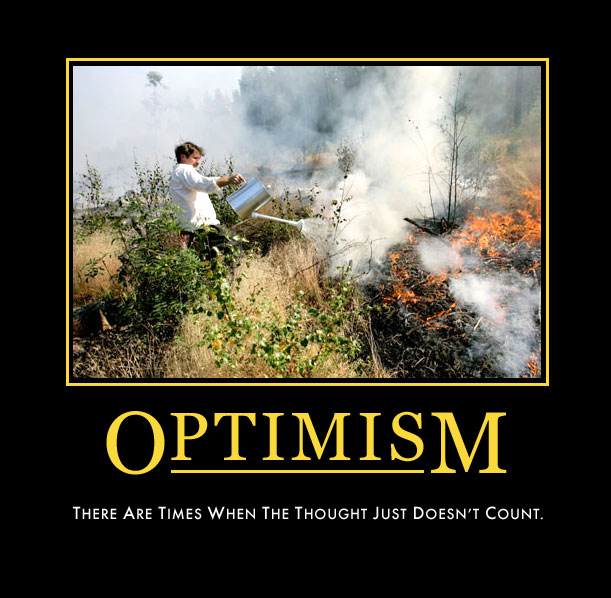Are humans wired to deal with the kinds of existential threats facing society today?
This is not just an intellectually-interesting metaphysical question. The answer may well determine whether our species makes it to the next century or not.
As PeakProsperity.com readers know well, humans’ relentless pursuit of ‘ever more’ growth is finally slamming into the limits of a finite planet.
The energy fuels and natural resources necessary to continue to expand the global economy are becoming more scarce and more expensive to extract. And yet the global population continues to grow, now expected to hit 9.7 billion (or higher) by 2050.
Evolutionarily wired for immediate, visible threats (like a snarling lion ready to pounce), can we realistically expect our species to proactively pull together to deal with long-term, faceless emergencies like overindebtedness, Peak Oil, climate change, and overpopulation?
And if it’s possible we can, how can we help others wake up to these threats? How can we break through their existing belief system that “everything is fine”?
In this week’s podcast, Chris Martenson poses these important questions to Dr. Tali Sharot, professor of cognitive neuroscience in the Department of Experimental Psychology at University College London. Dr. Sharot is known for her research on the neural basis of emotion, decision making, and optimism. Her 2012 Ted Talk on the optimism bias received over 2.3 million views.
Optimism is good for many reasons. But it can be quite negative, too, if you're underestimating risk.If we underestimate risk, then we’re less likely to take precautionary actions. So if you think, well, I am going to be so healthy that you don’t even go to medical screenings or you don’t buy insurance when you actually should, right, that’s a problem. You don’t prepare for the worst case scenario, that’s a problem.
We have an avoid/approach instinct where we approach the good things, whether it’s chocolate cake or money or love. We move forward, we approach. If you see a photo with a smiling person you approach.
When we see the bad stuff, we try to go back. We avoid it, whether it’s poison or someone frowning or any kind of danger – we just stay away.
So in order to get to action on big threats, we need to refrain the problem not as: we’re going into extinction, we’re going into a catastrophe, we need to do something now to avoid it. But more like: what can we do to make our planet as good as it’s ever been?
What can we do to protect it and make it a place that is flourishing?
We need to insert a positive message rather than a negative in order for people to want to approach and take action and to be involved. Otherwise people say ‘I don’t want to think about this bad stuff because it’s not something nice to think about’.
And I think that’s something that hasn’t been done so much. The focus has mostly been on trying to scare and trying to cause fear, rather than trying to enhance the sense that we can create something that’s great for future generations.
Click the play button below to listen to Chris’ interview with Tali Sharot (50m:21s).
Other Ways To Listen: iTunes | Google Play | SoundCloud | Stitcher | YouTube | Download |
This is a companion discussion topic for the original entry at https://peakprosperity.com/tali-sharot-overcoming-the-optimism-bias/
